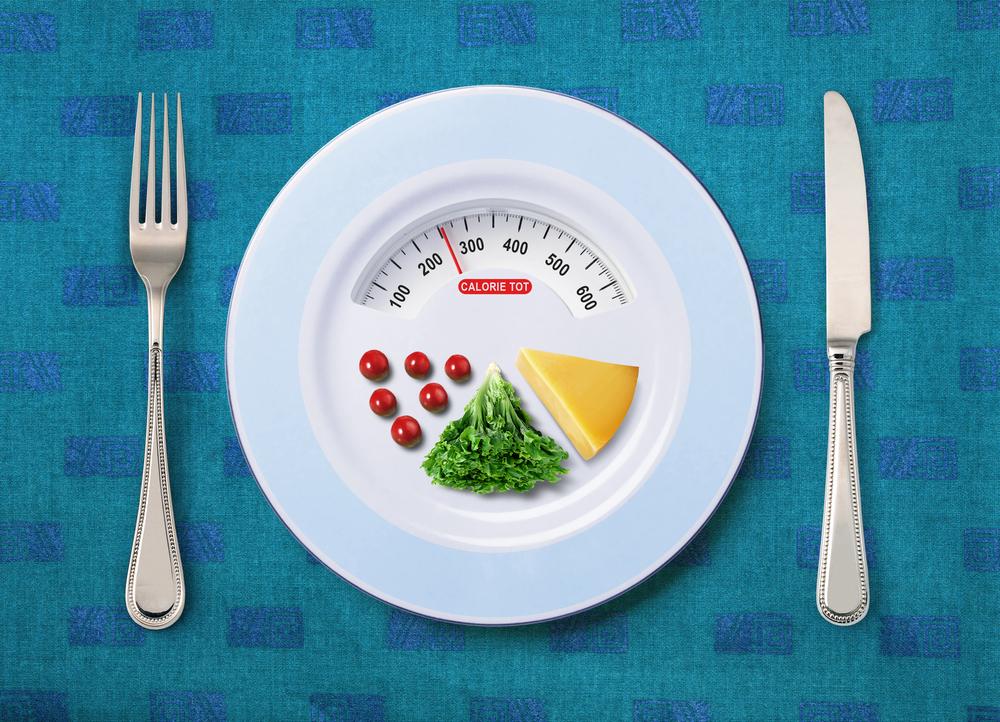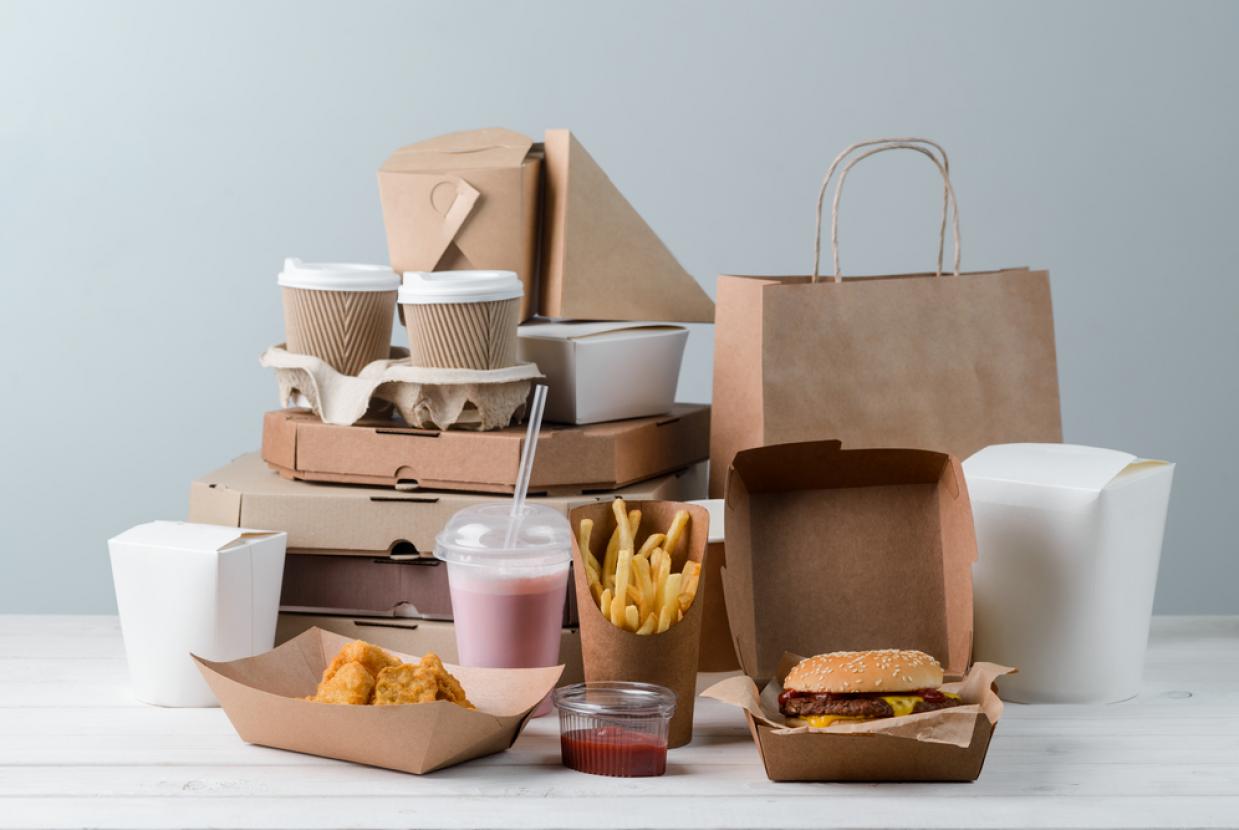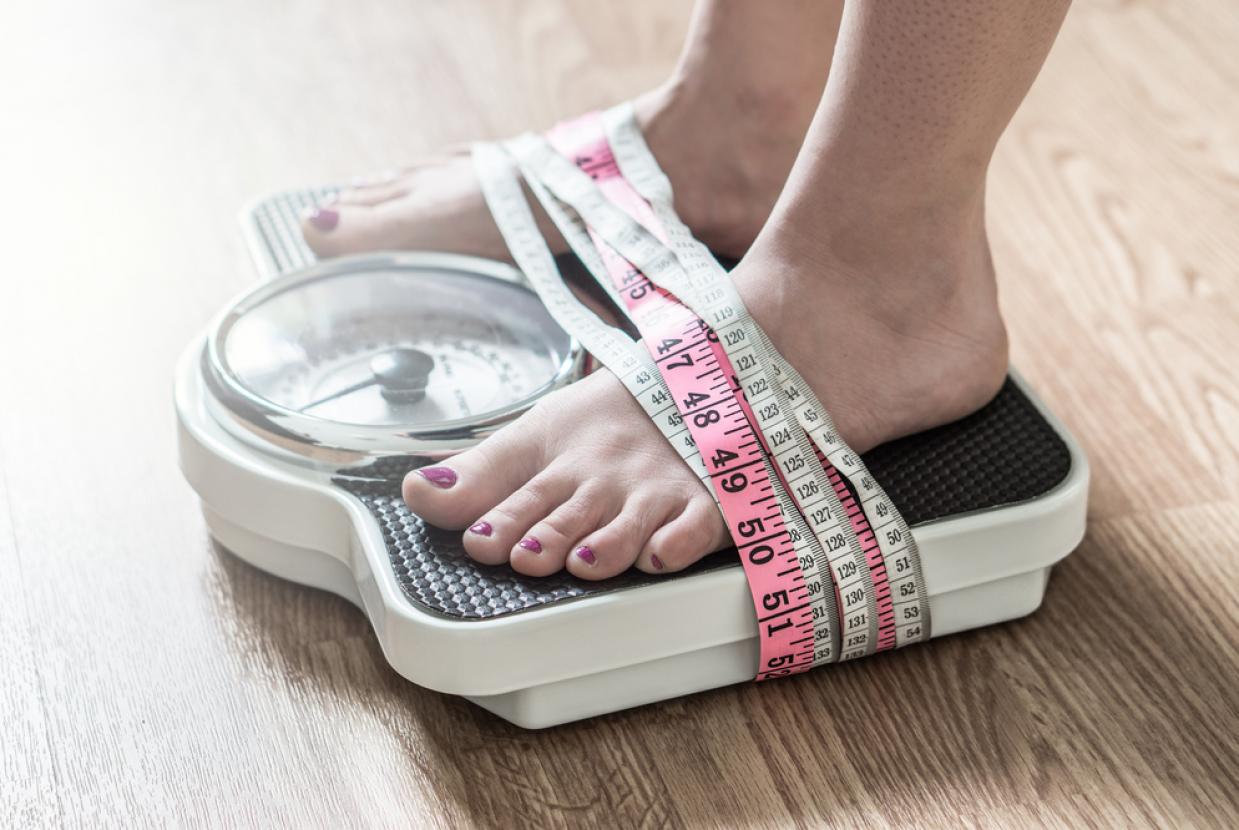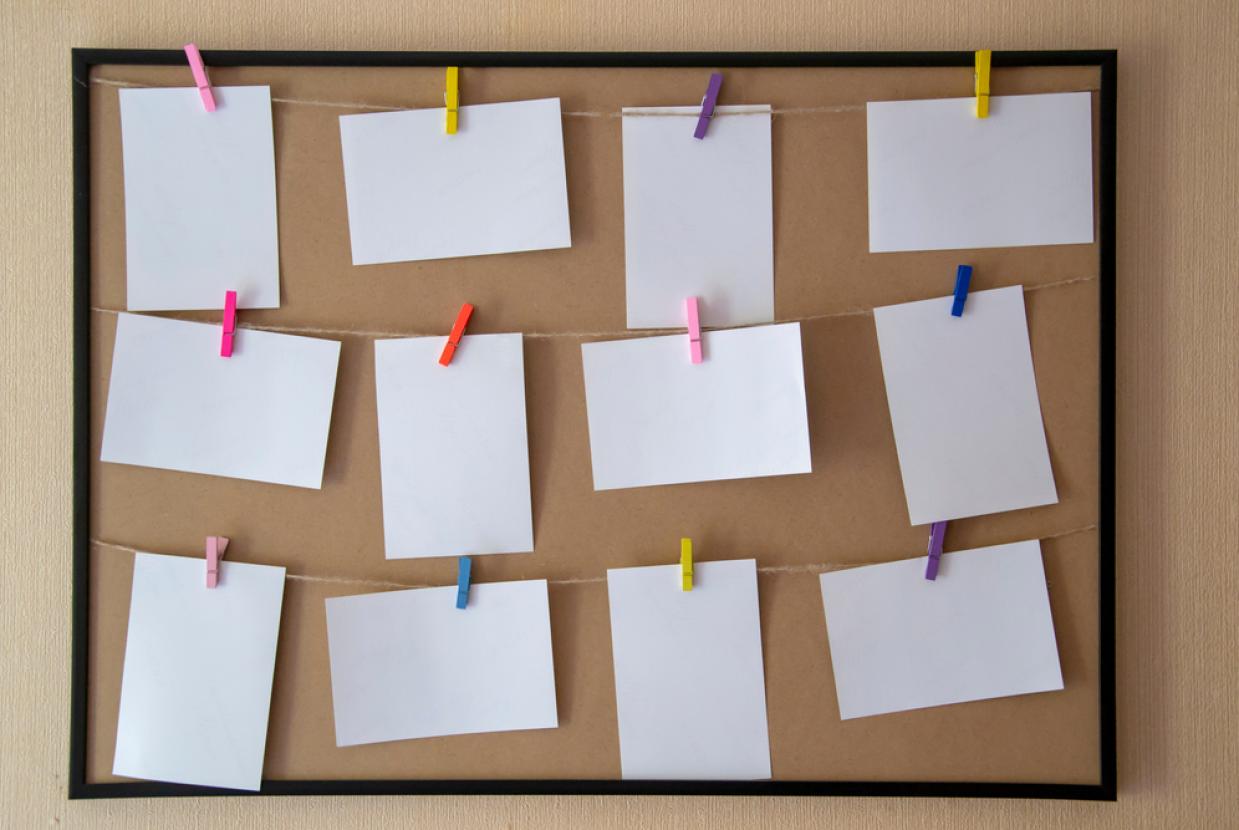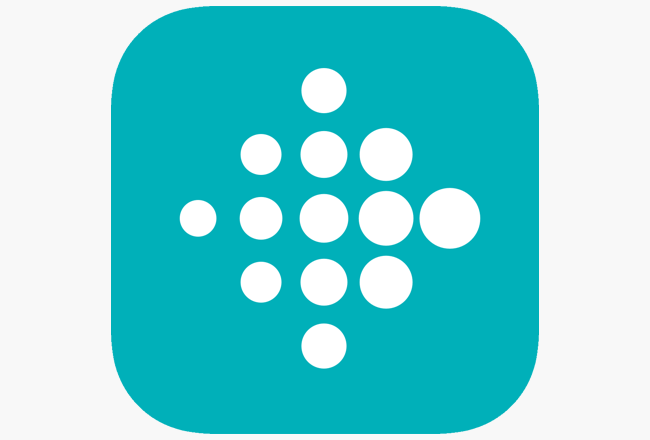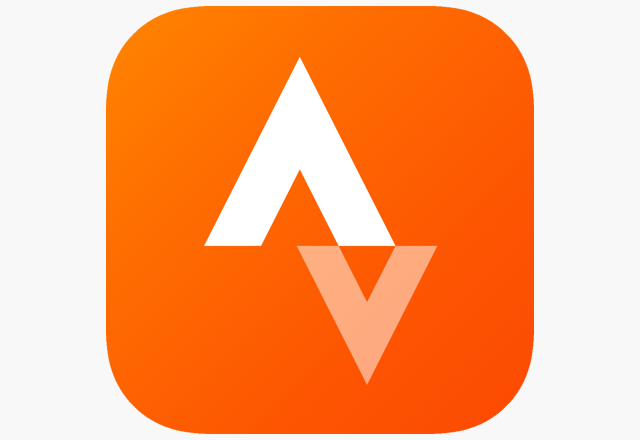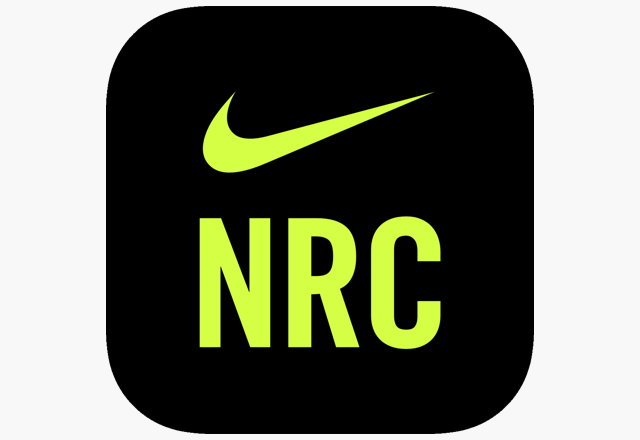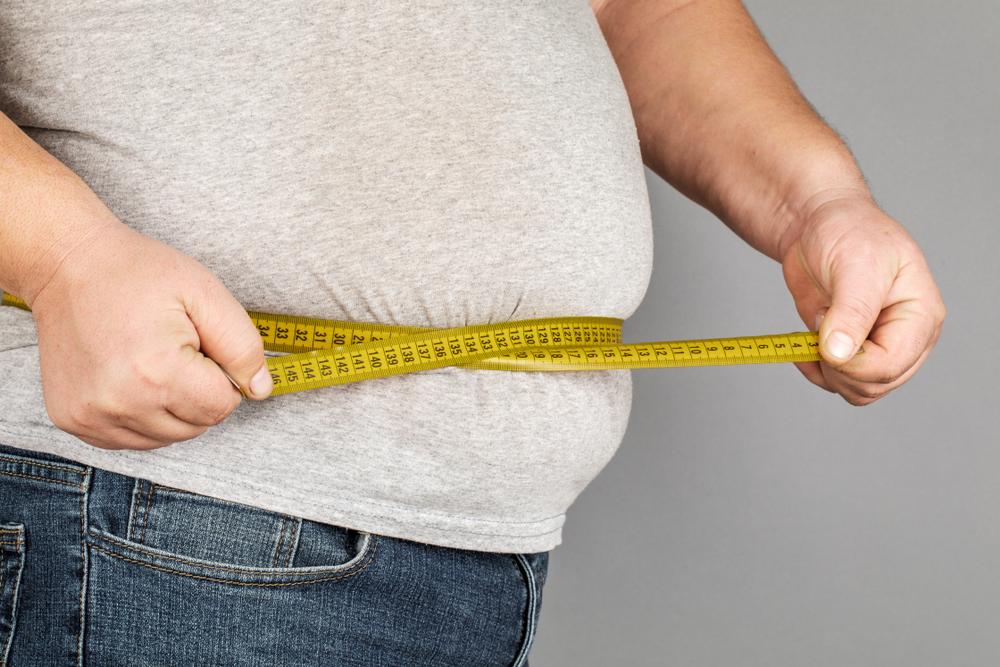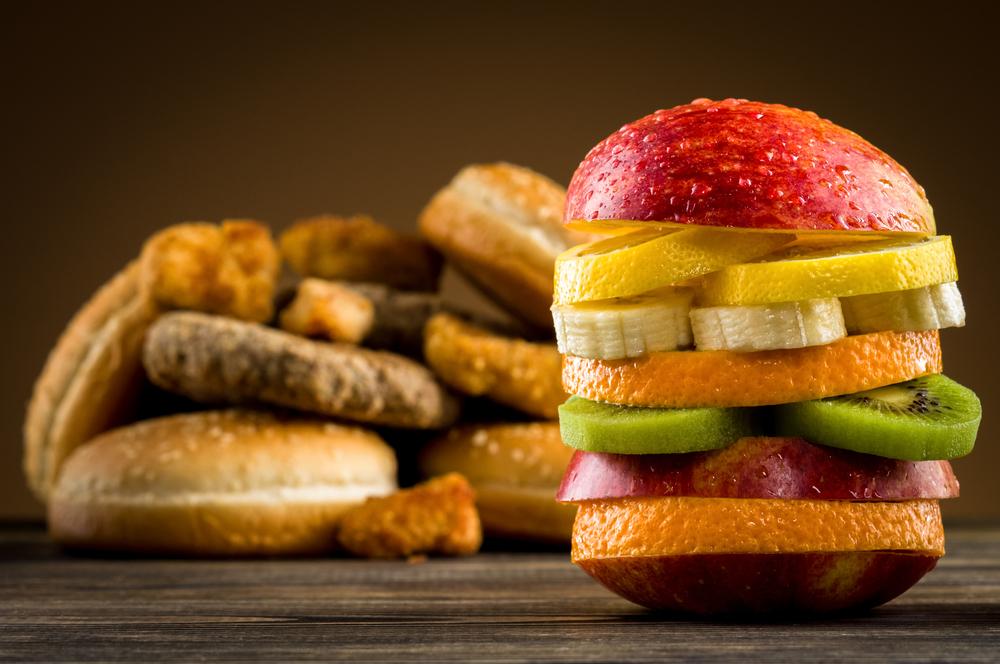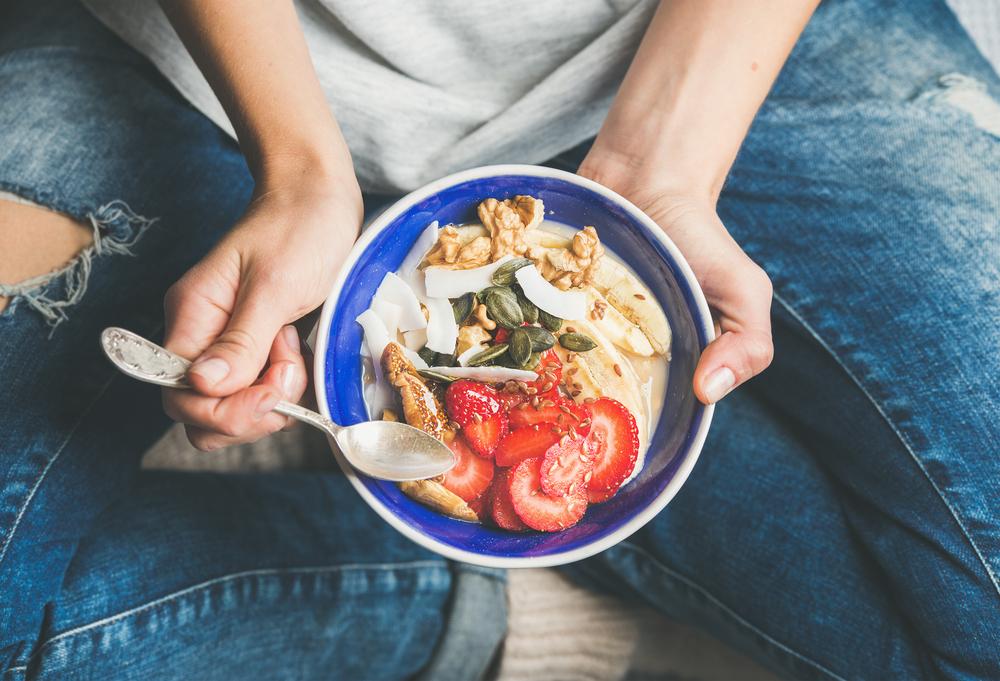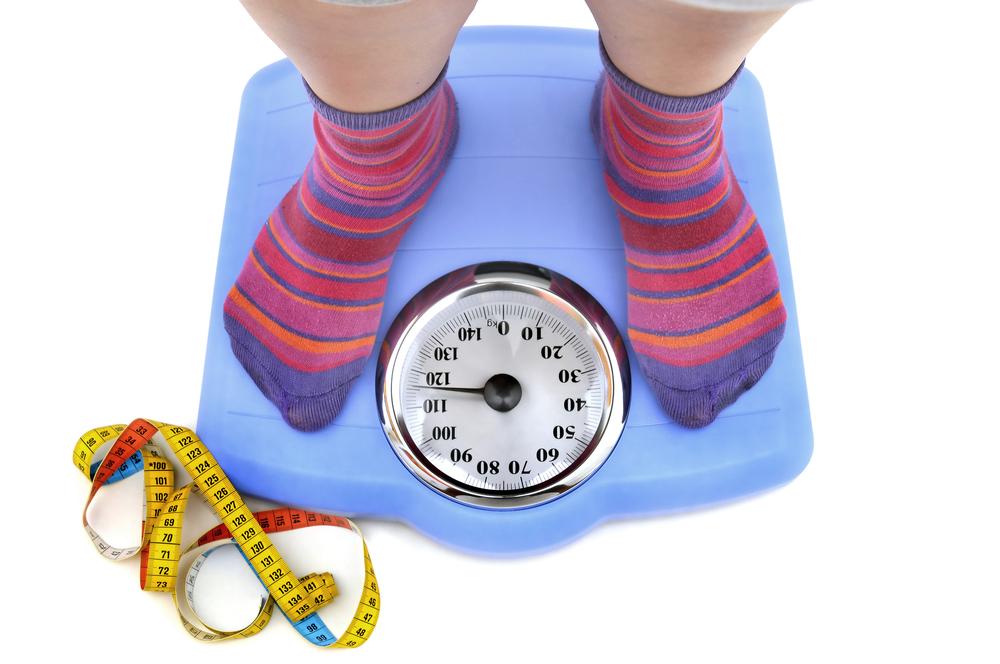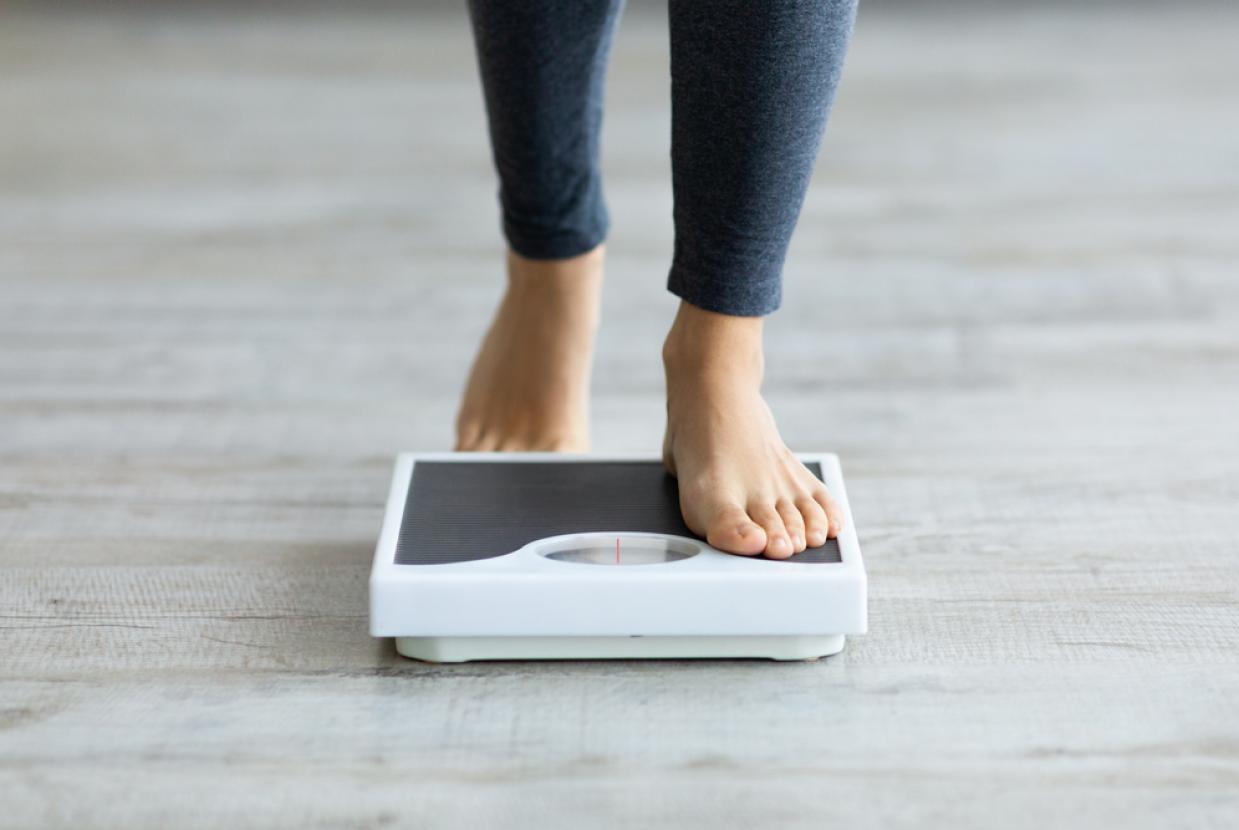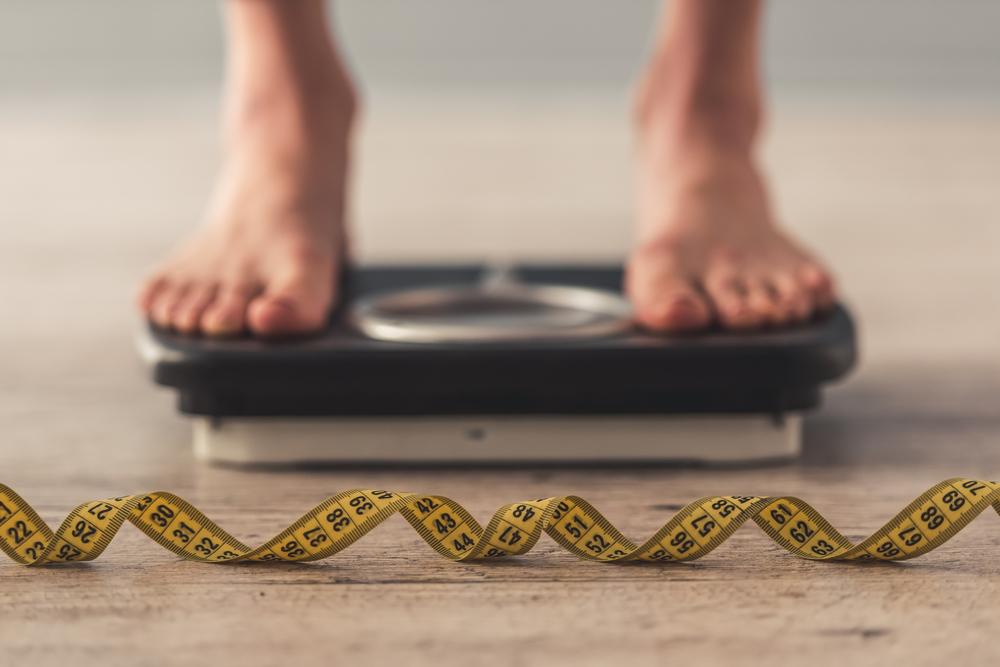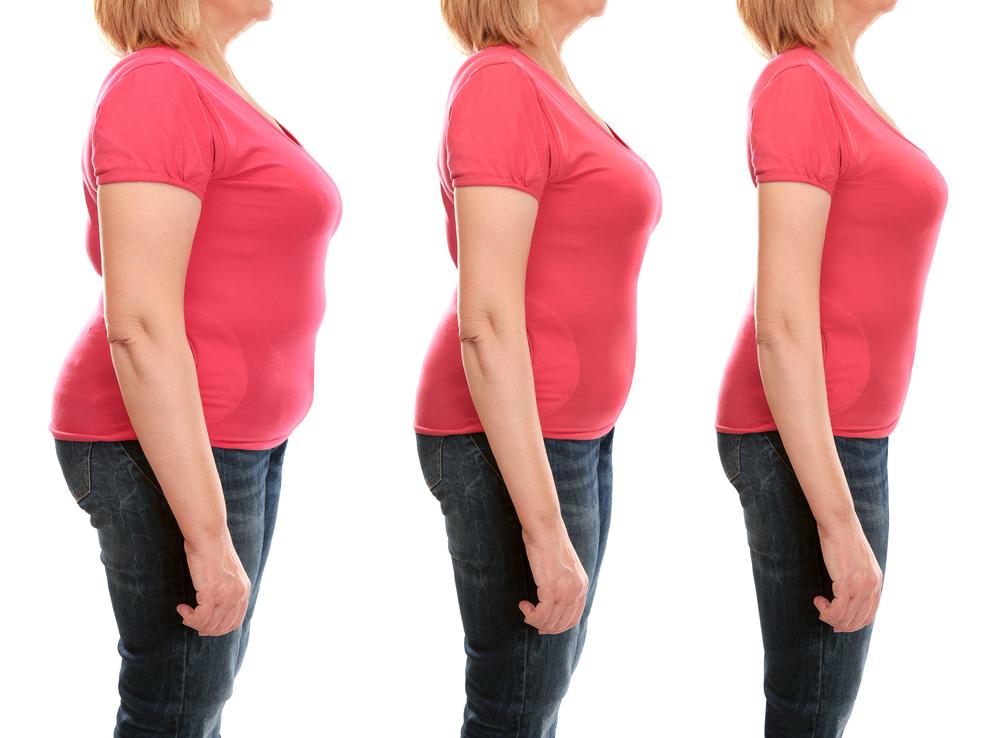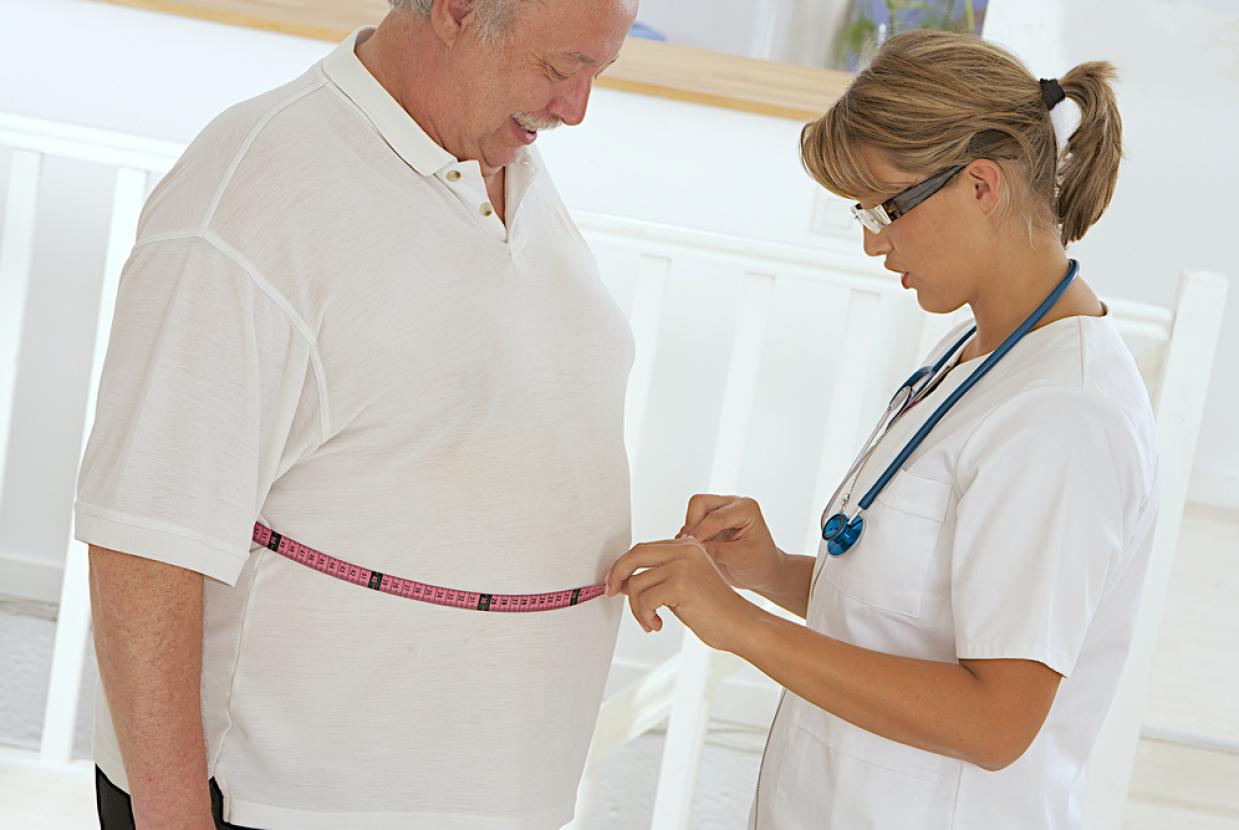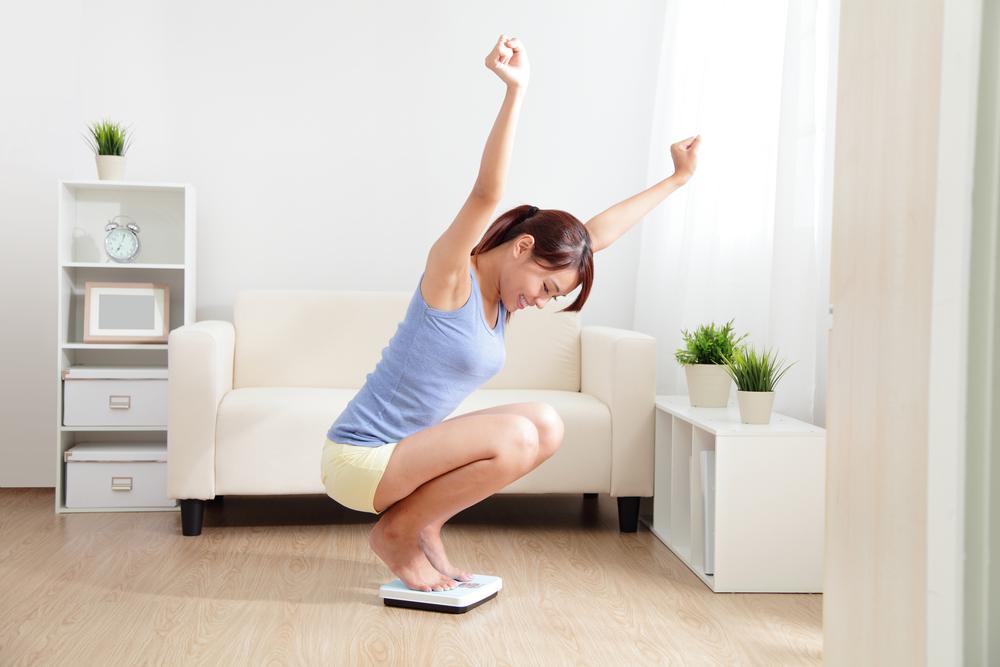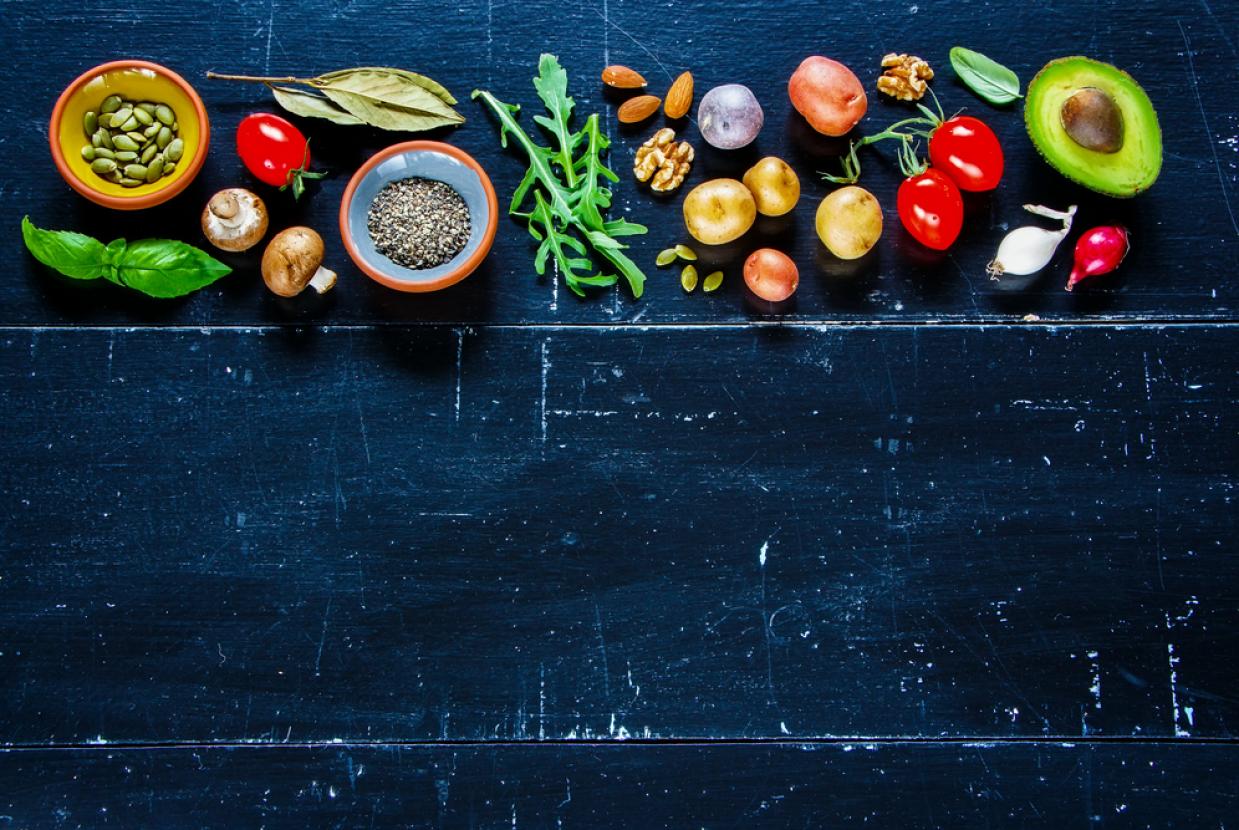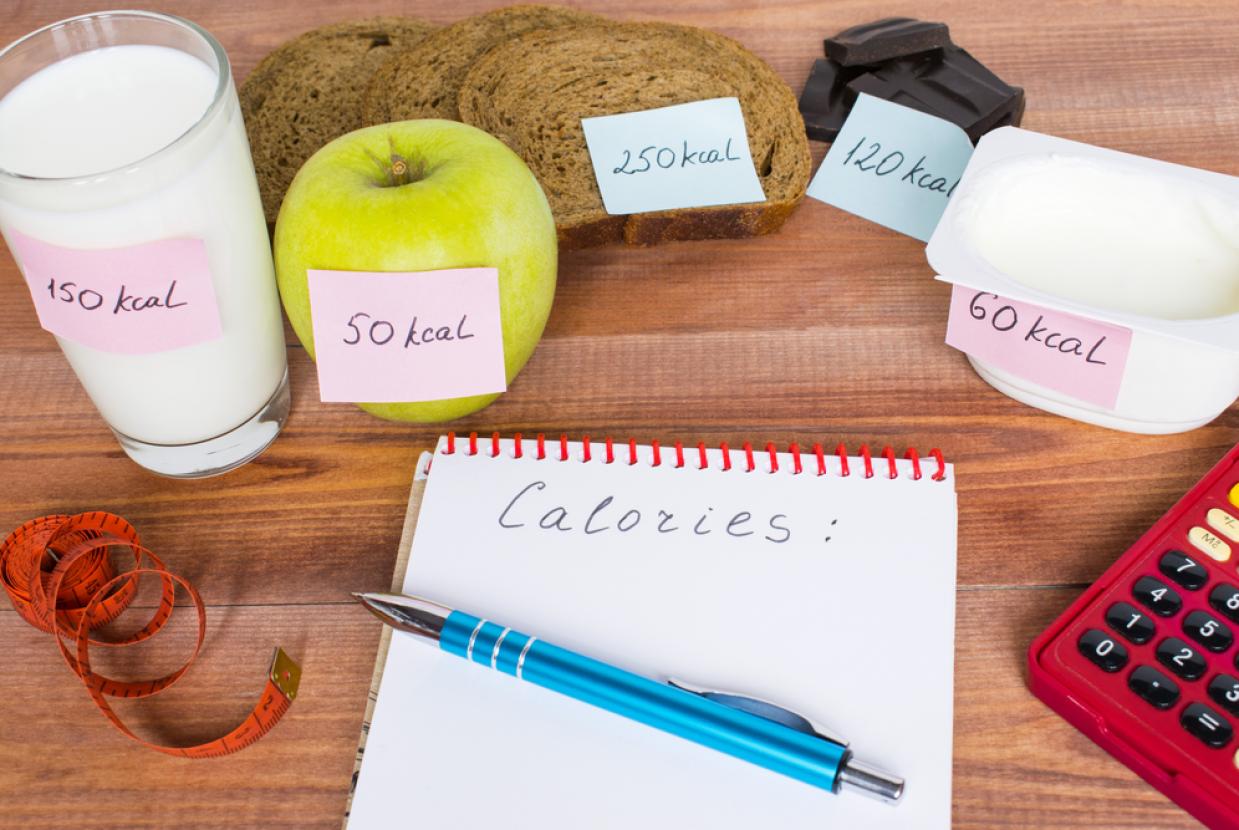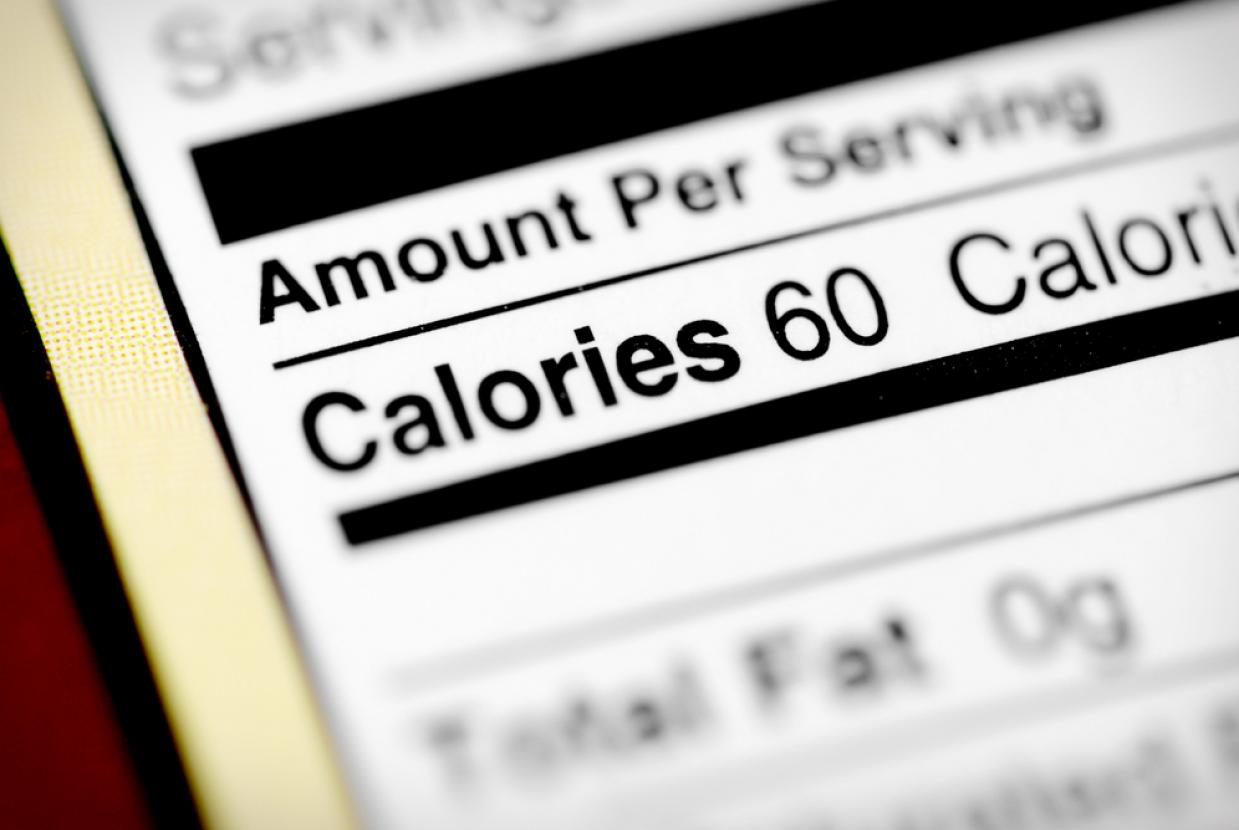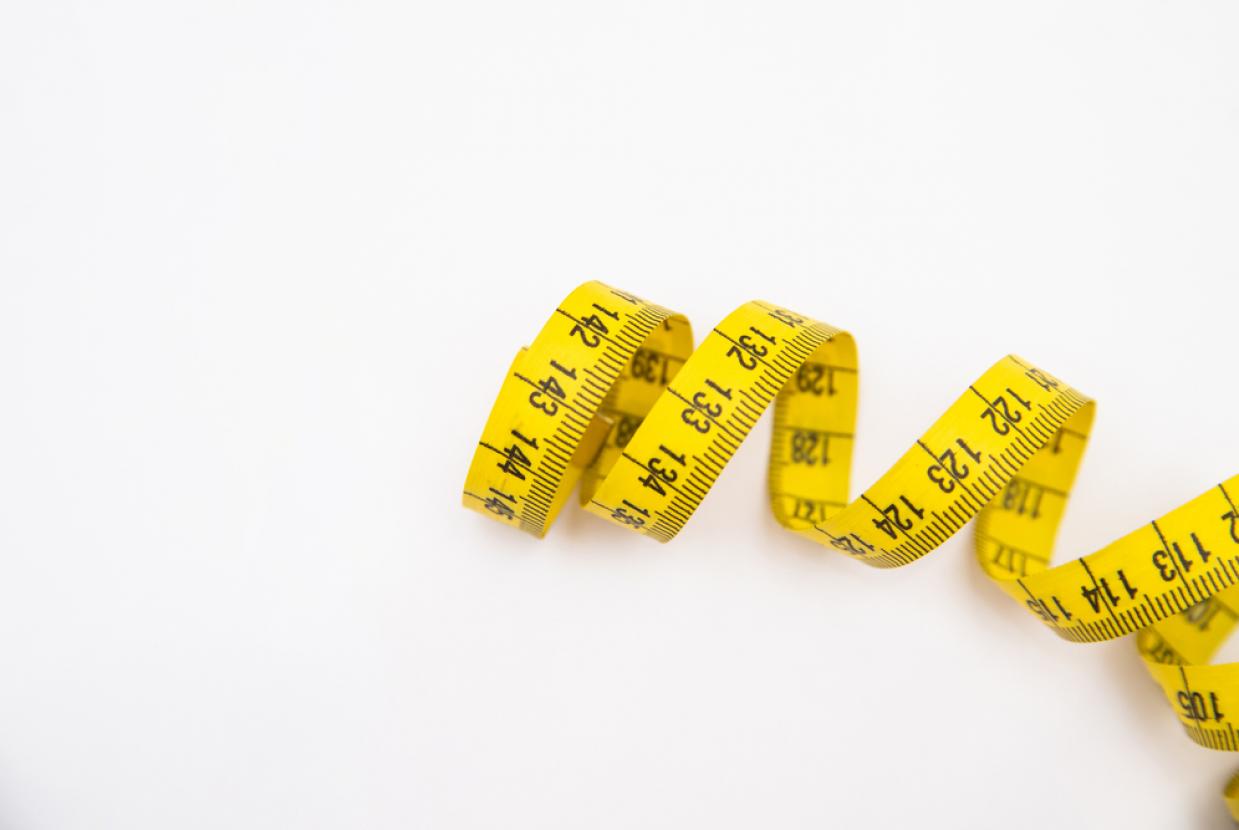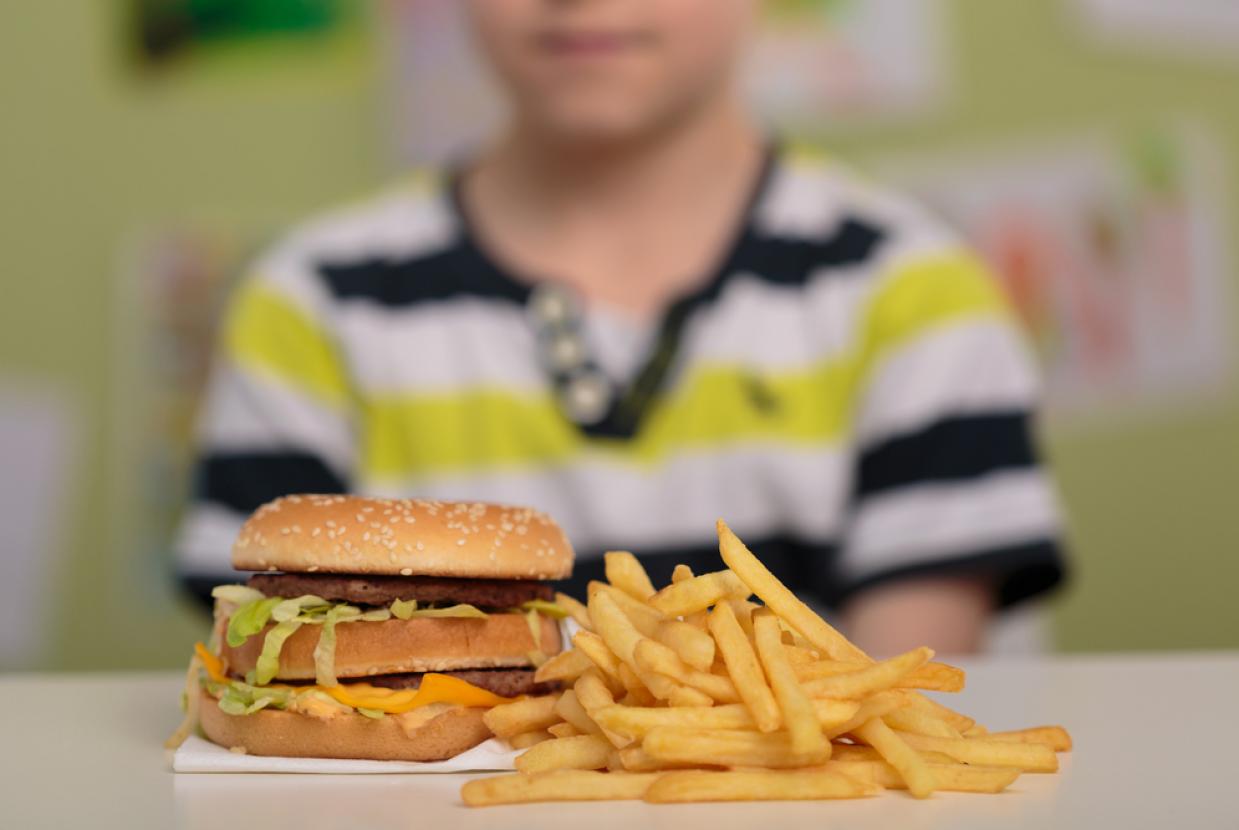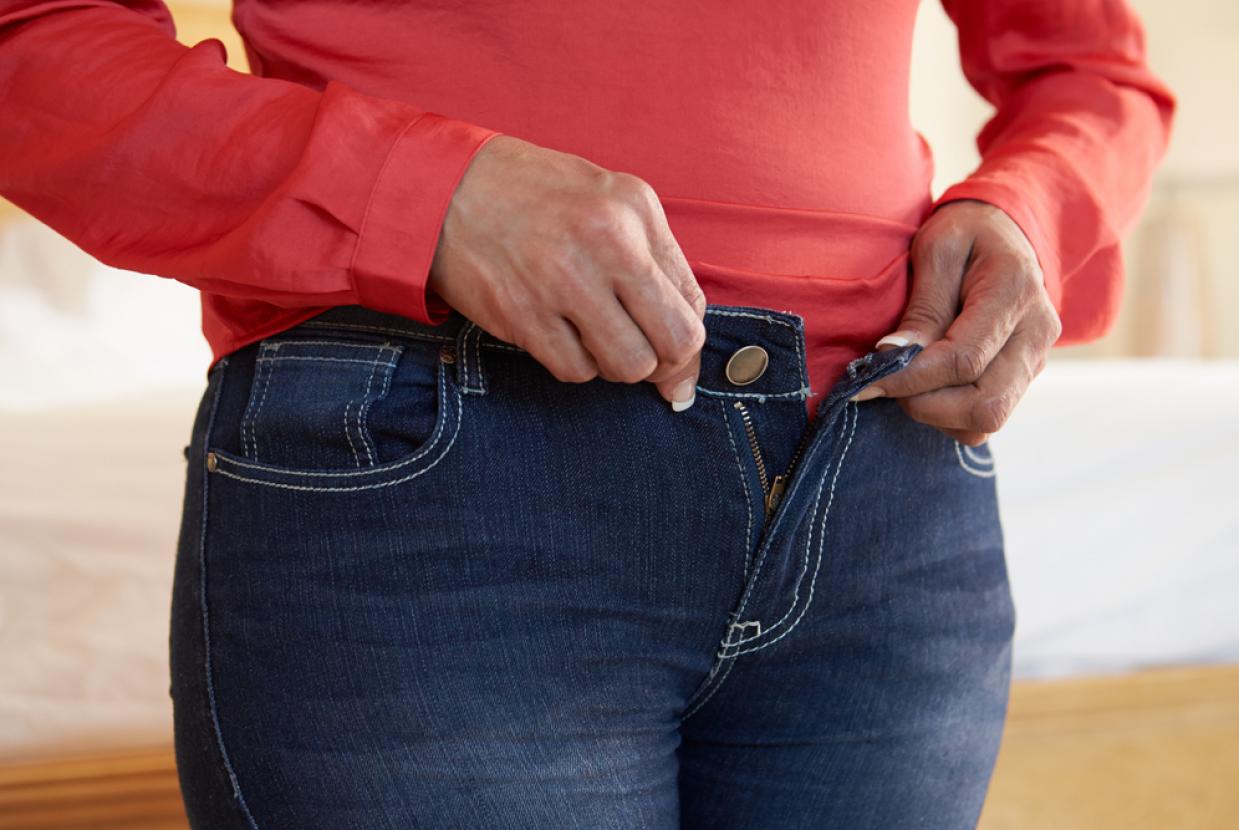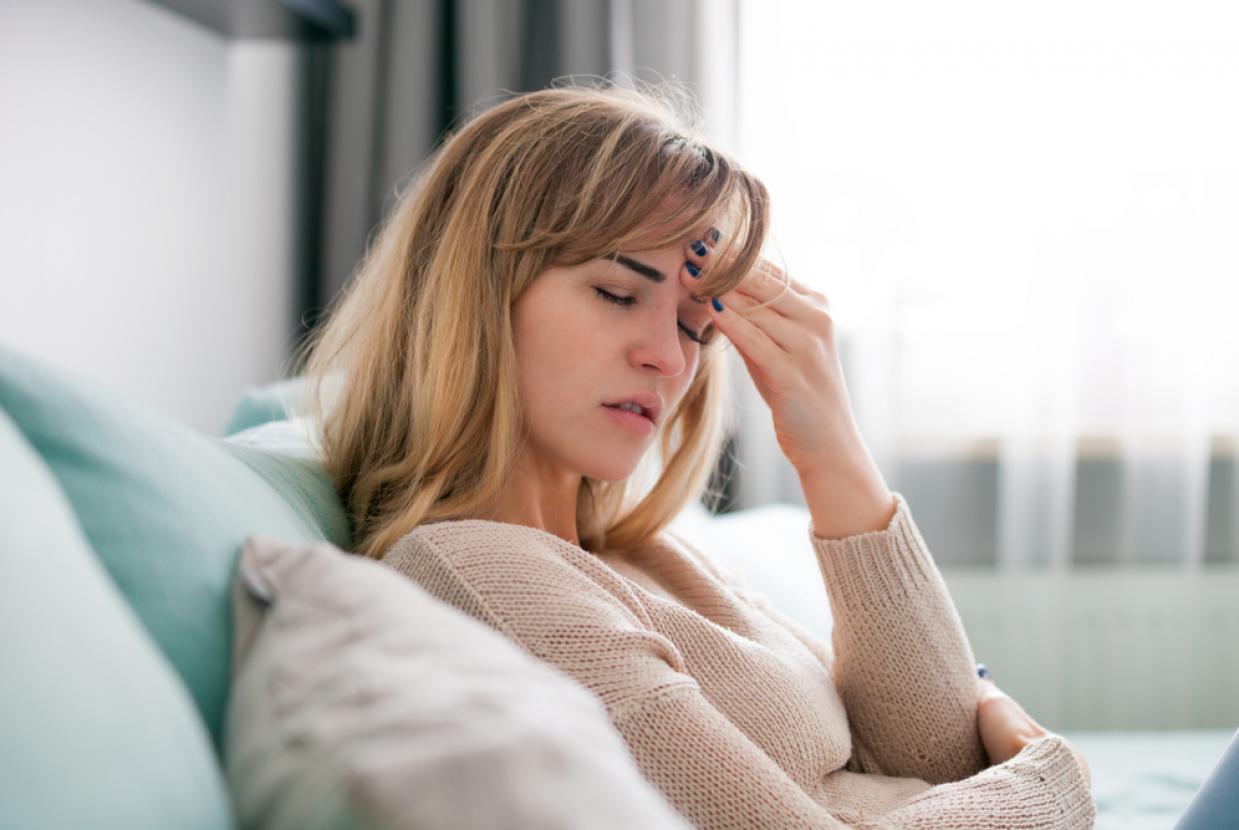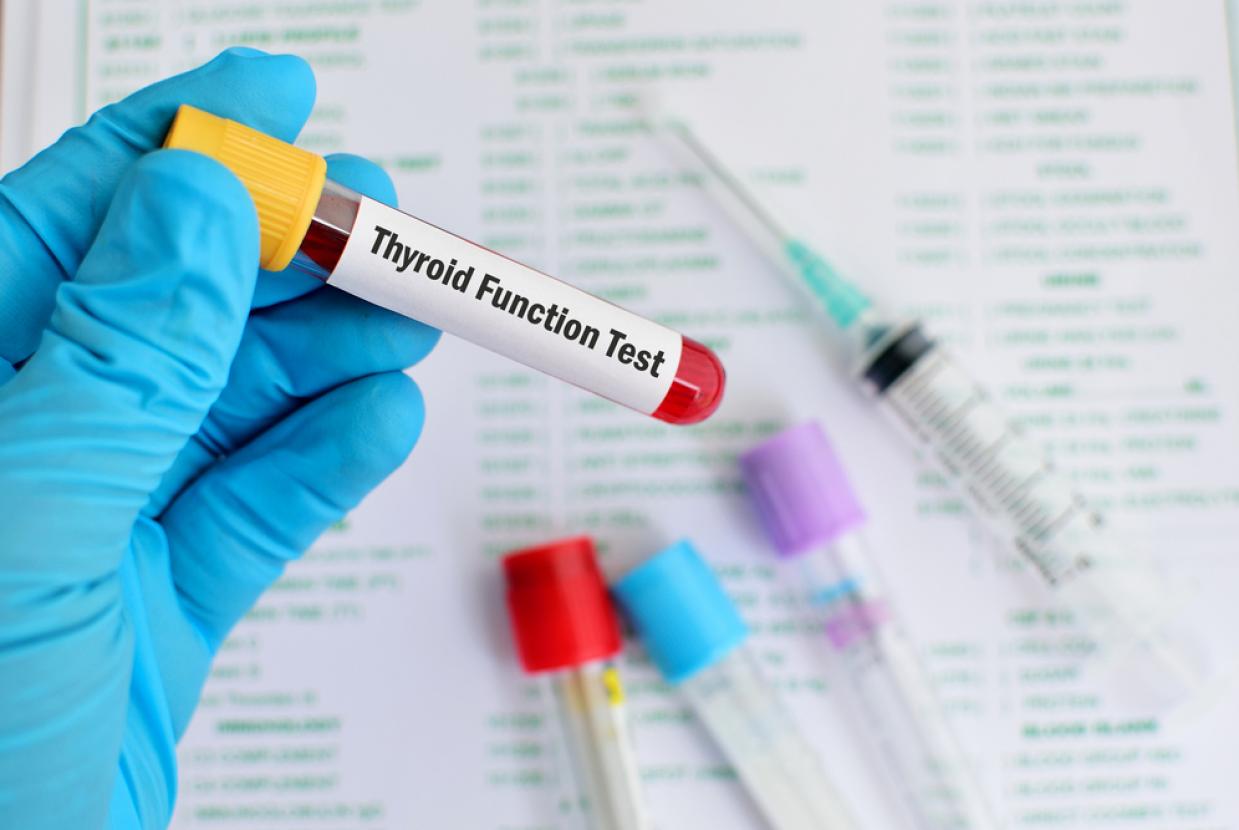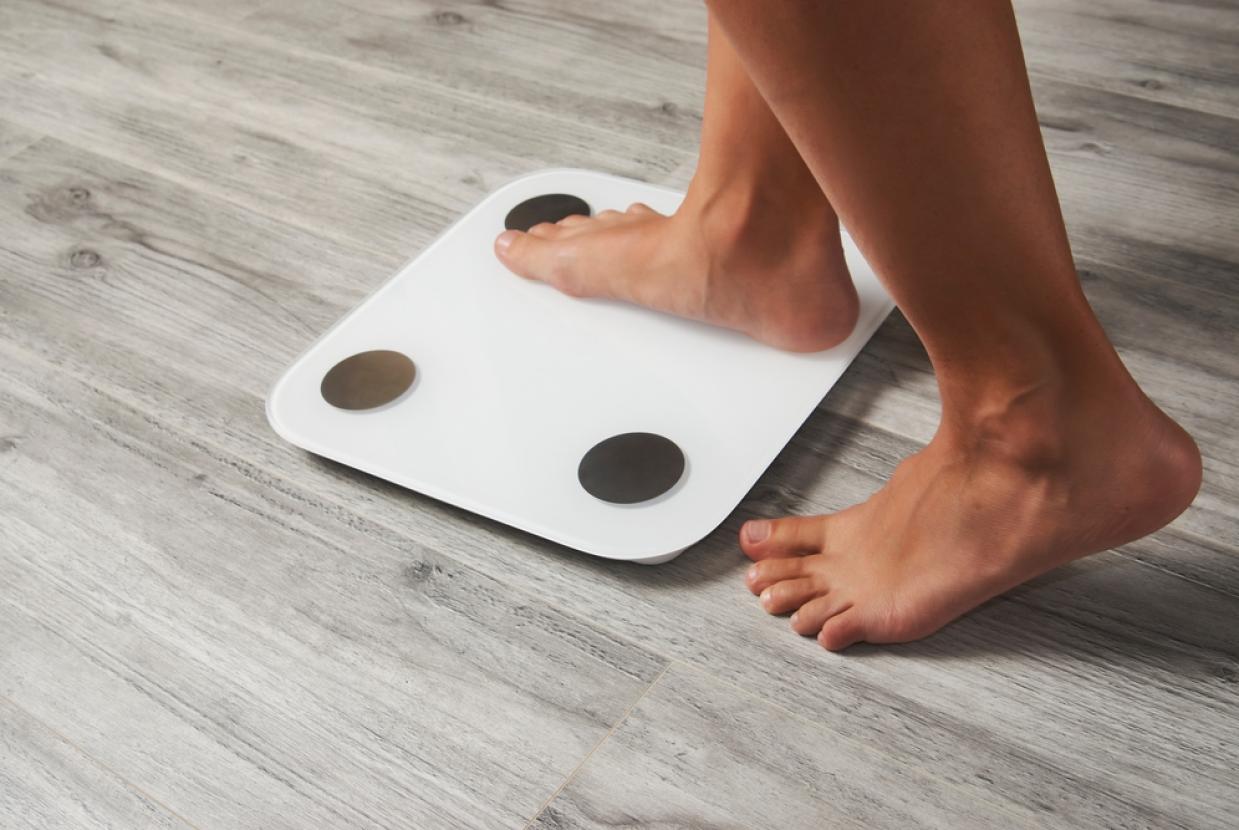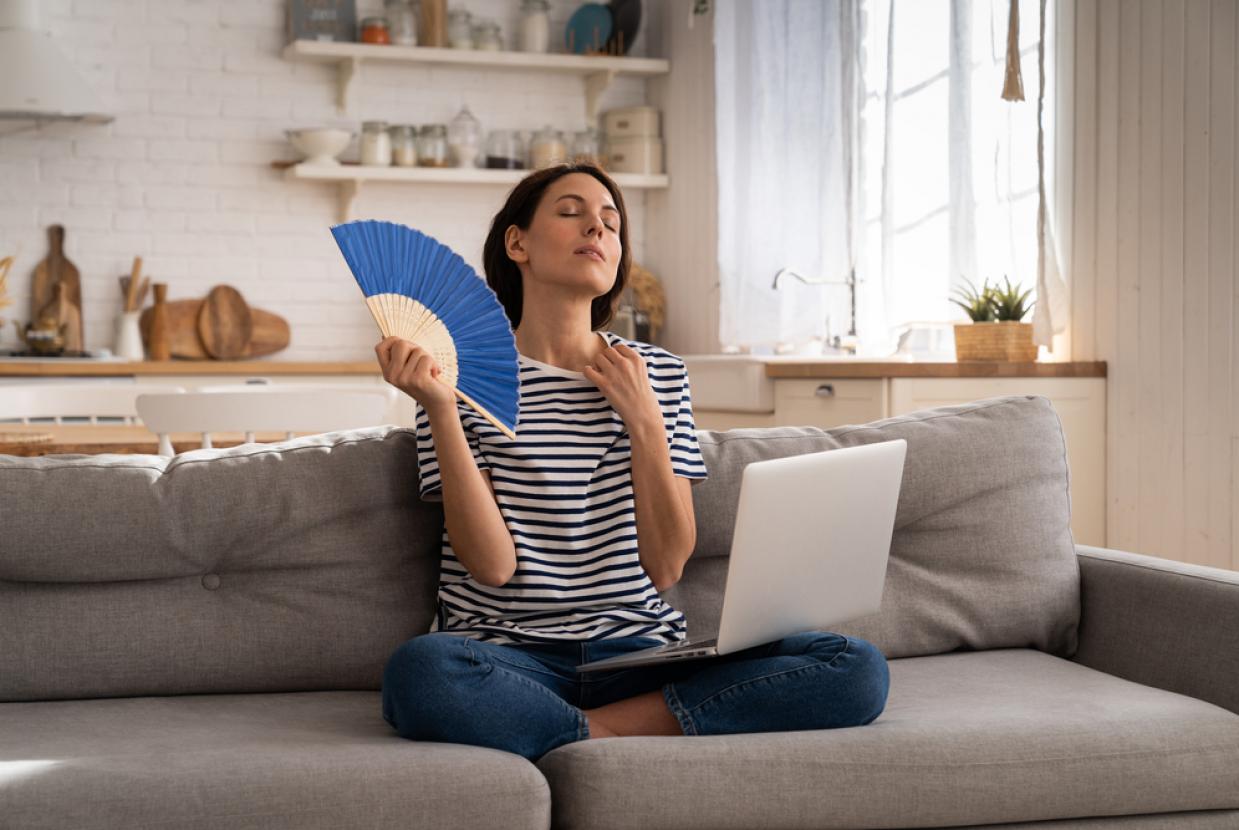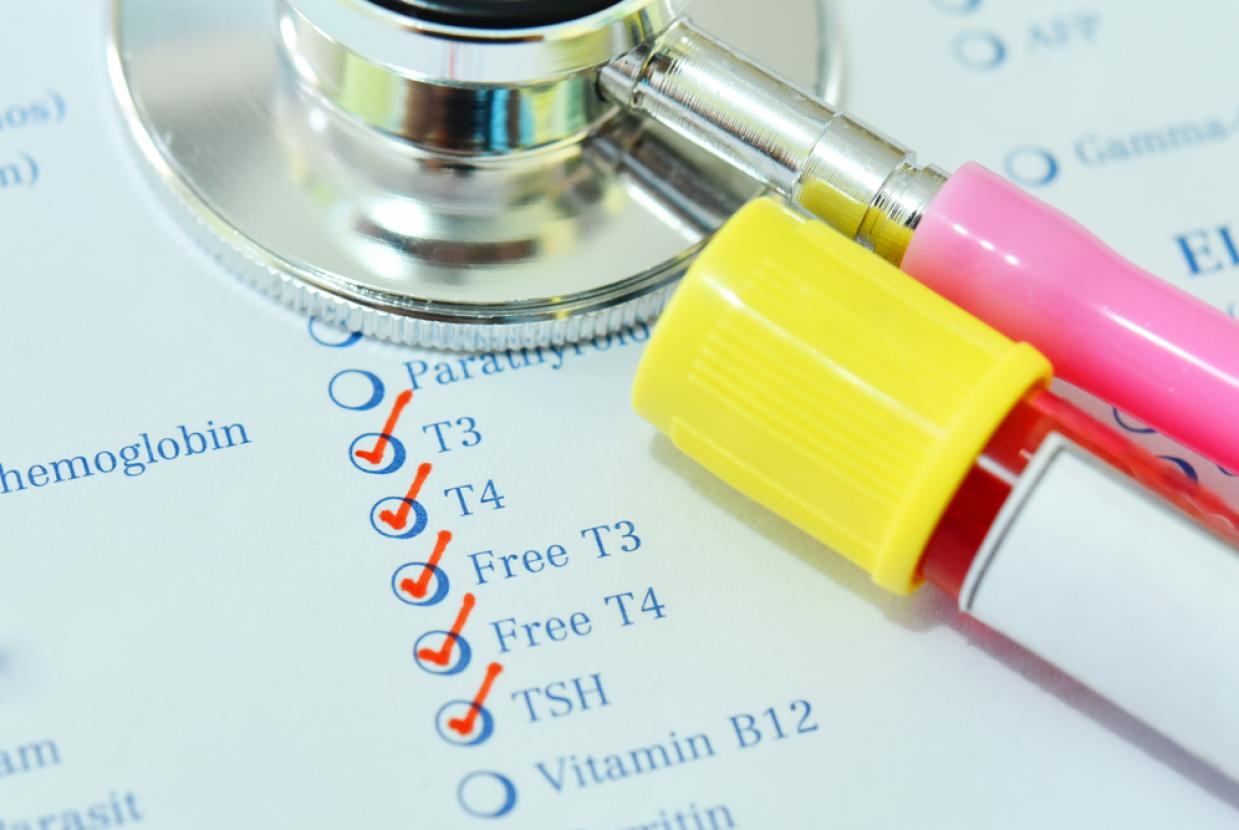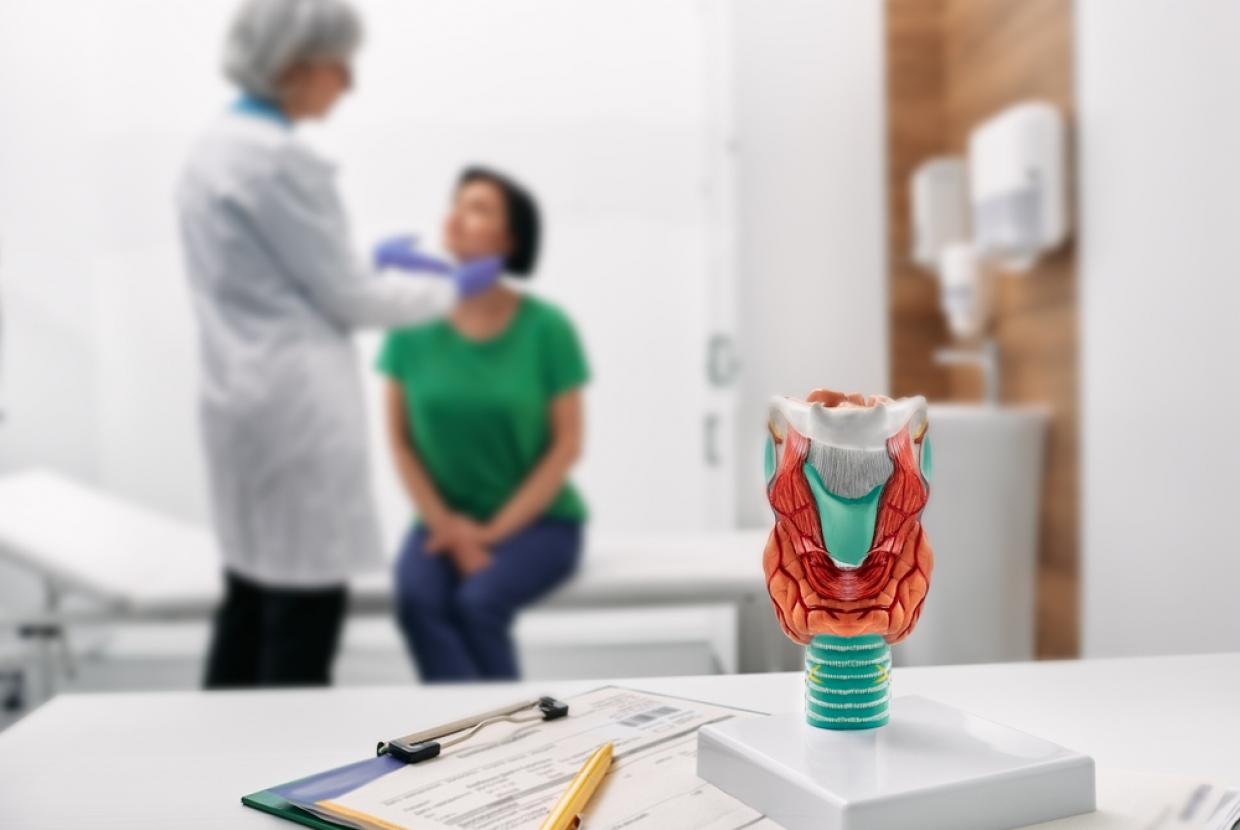Understanding Calories
The amount of energy in food or drink is measured in calories.
Why calories are important
You need energy from calories for your body to work properly. Your body uses this energy to function properly.
To stay at around the same weight, the calories your body uses should be the same as the amount of calories you eat and drink.
If you do not use the same amount of calories as you eat and drink, your body weight may change. For example:
- you're likely to put on weight if you eat and drink more calories than you use. This is because your body stores the extra energy as fat
- you're likely to lose weight if you eat and drink fewer calories than you use. This is because your body uses its stored fat for energy
Daily calories
Calorie information is often given in kcals, which is short for kilocalories. It may also be given in kJ, which is short for kilojoules.
As a guide:
- an average man needs 2,500kcal a day
- an average woman needs 2,000kcal a day
This could be different based on your:
- age
- weight
- height
- how much exercise you do
BMI calculator
Body mass index (BMI) is a measurement that works out if you're a healthy weight for your height. Find out your BMI
Tips for calorie awareness
Do
- check nutrition labels on food packaging for calorie information – this will be displayed under the "energy" heading
- aim to have a balanced diet – you can get healthy calories from eating a diet that includes fruit and vegetables, starchy foods, protein and unsaturated fats
- plan your meals – this can help you manage your calorie intake
- look for calorie information on restaurant and takeaway menus
- be aware that the more energy you spend doing an activity, the more calories you'll use – for example, fast walking uses more calories than walking at a moderate pace


